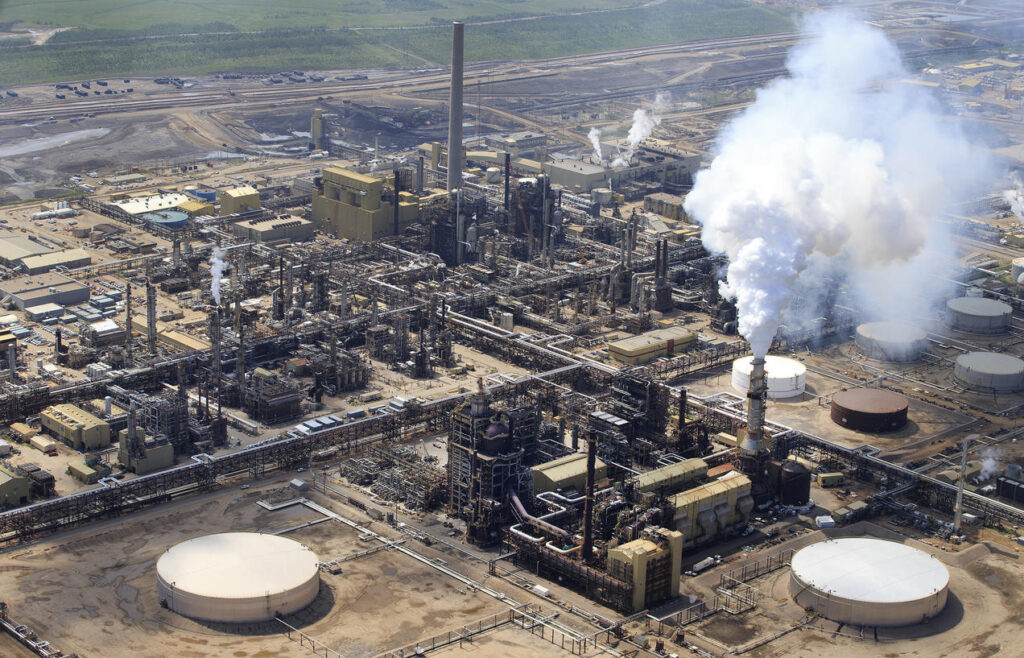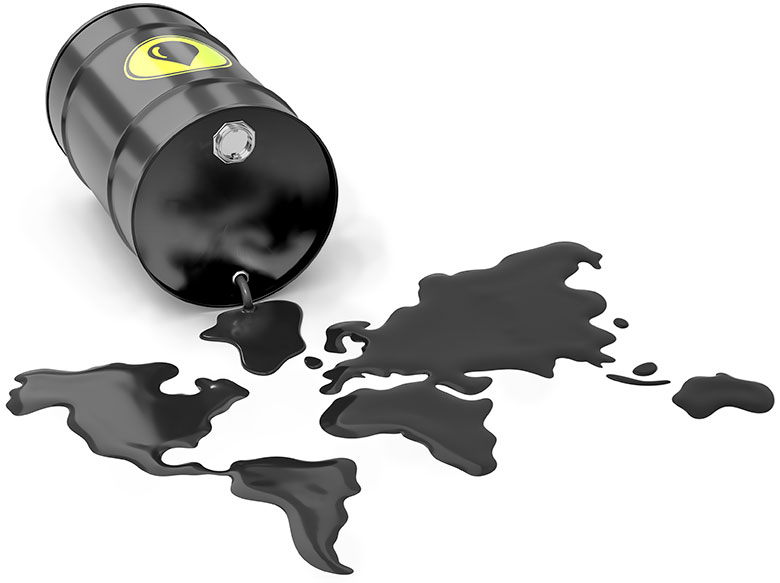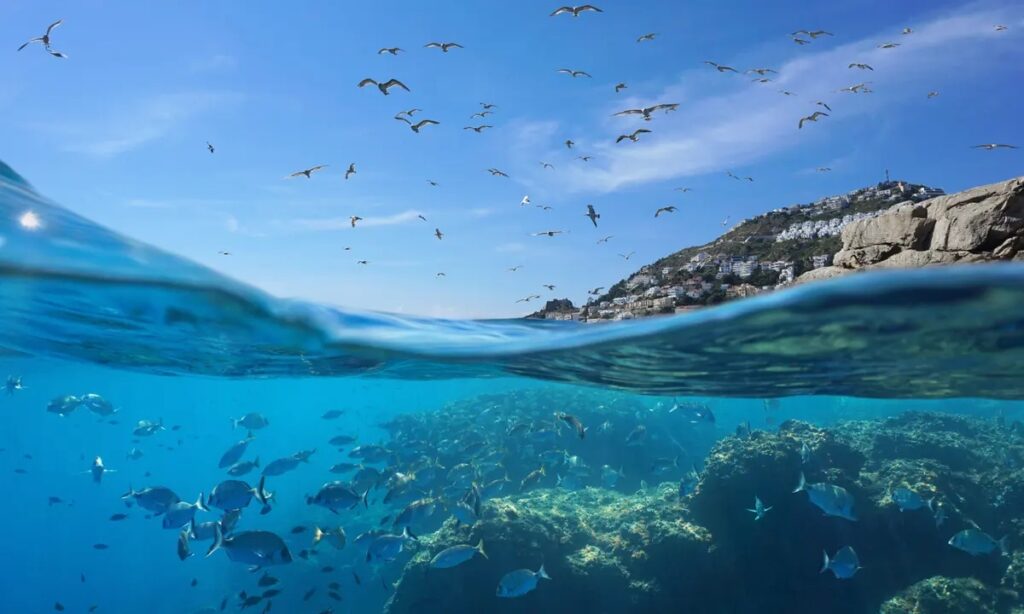Tell Me More
Settle down with a coffee. This is the easiest way to understand climate change.
Billions of years ago our planet was very different to what we see around us today. All over the world, rivers of lava flowed freely and volcanoes spewed clouds of dust and toxic gases into the atmosphere. Over billions of years icy comets fell to earth, cooling it and forming clouds. Over time the atmosphere cooled, and our planet turned from being a red and black one to a blue planet. Here, in the vast oceans of our planet algae used the sun to create energy for the first time. They released Oxygen, changing our atmosphere forever. Over millions of years plants and animals developed from this algae. Planet Earth bloomed. As these creatures died and sank to the bottom of the ocean, they slowly turned into what we know of today as coal, gas and oil. Our link to the past is the primary reason for our lifestyle today.

Syncrude Canada Mildred Lake Oil Sands project plant, belonging to a partnership of Suncor Energy, Imperial Oil, Sinopec, CNOCC and Mocal Energy, near Fort McMurray, Alberta on June 13, 2017. (Larry MacDougal via AP)

The climate of earth has never stayed the same, sometimes hot, sometimes cold. Flora and fauna has always died, and so therefore has the build up of our energy, fossil fuels. Our planet has more often than not been warm.
Constant heat from the atmosphere behaving like a greenhouse, the sun and the warmth from the centre of our planet have always provided ideal conditions for life to thrive.
Recently however, over the last three thousand years or so we as humans have slowly understood that our lives can be made easier, our days last longer into the night and we can travel further using all these gifts left to us over billions and billions of years. Only a blink of the eye in the history of our planet but our impact has certainly left its mark.
As we have burnt fossil fuels to obtain its energy we have released carbon dioxide into the atmosphere. Slowly to begin with but at a faster and faster rate once we understood its value we are changing the composition of the atmosphere itself.
We have cut down trees and burnt them. We have replaced forests for pastureland, filled them with animals that emit methane gas, another gas altering our atmosphere. The lifestyles that we all enjoy have filled rubbish tips. Huge deep landfills that release methane gas into the air we breathe.
Scientists have labelled our time on this planet as the anthropocene. This is the period of time during which human activities have impacted the environment enough to constitute a distinct geological change.


